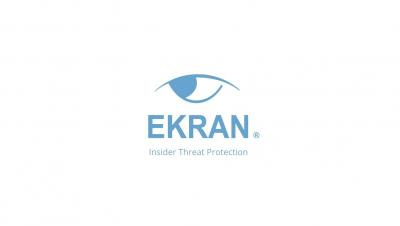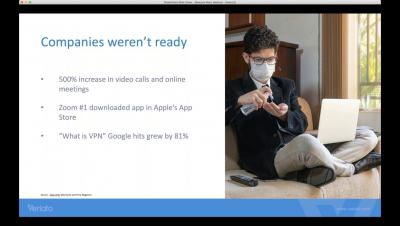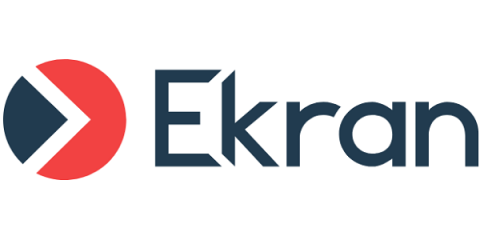Security | Threat Detection | Cyberattacks | DevSecOps | Compliance
Insider Threats
The latest News and Information on Insider Threats including employee monitoring and data privacy.
Effectively Managing The Shift To A Remote Workforce
Insider Data Theft: Definition, Common Scenarios, and Prevention Tips
People tend to trust those they work with: employees, business partners, subcontractors. But these people, who have access to all kinds of corporate data, don’t always prove worthy of such trust. Insider data theft statistics show that one in four employees won’t think twice before stealing sensitive data from their current company if it will help them sign a contract with a competitor.
Computer Forensic Tools - Providing The Evidence You Need
If you are even considering investigating an employee or monitoring employees in general, consider modern computer forensic tools for a complete solution. Computer forensic tools allow an employer to gather digital evidence before confronting an employee. With the Covid-19 (Coronavirus) outbreak, these types of solutions can also help to monitor employees that are self-quarantined or voluntarily working from home.
How to Monitor Employees at Work: 7 Best Practices
With the number of insider-related breaches rising every year, employee monitoring is becoming a common practice. Modern employee monitoring solutions help businesses track their employees’ productivity and work attendance, minimize administrative work, and enhance cybersecurity. In this article, we discuss why you should monitor your office staff, list the benefits and shortcomings of doing so, and explore best practices for monitoring your employees efficiently yet respectfully.
Cybersecurity Implications Of An Ongoing Pandemic
The year 2020 has left many people feeling like we are living in the twilight zone as the coronavirus sweeps the globe, changing life as most know it. From embracing the reality of a fully remote workforce, to dealing with ruthless cyber attackers taking advantage of unsuspecting people looking for help, and like all things, technology is playing a pivotal role in the way the pandemic plays out.
Coronavirus: 10 Steps Employers Should Take to Maintain a Safe Workplace
As we’re actively in the throes of COVID-19, it’s understandable that workers and employees are uneasy about their safety and security on the job. Here are 10 steps employers need to take to keep your workplace safe in the face of a public health emergency.
Should you be worried about false negative insider threats?
The consistent rise in Insider Threat-related incidents has led to a growing focus and investment in proactively detecting these threats. According to reports, 60% of organizations discovered one or more insider attacks last year, and 90% admitted that they felt vulnerable to insider attacks. Reports also show that it takes an average of over two months to contain an insider attack.
Forensic Software - Getting the Proof You Need
Employees are both the biggest asset of a company and also the biggest risk factor. Forensic software is designed to provide visibility when malicious or incompetent employee behavior is suspected that could present a threat to the company. Trying to gather proof of these issues manually is both time consuming and high risk. If you tip off the staff member, they can cover the tracks, and you may never know what was done.
Remote Employee Monitoring: How to Make Remote Work Effective and Secure
Cybersecurity specialists treat remote employees as a threat, and they’re right to do so. However, remote work isn’t a temporary trend — it’s here to stay. Between 2017 and 2018, 36 million (or 25%) of US employees sometimes worked at home according to the US Bureau of Labor Statistics. For lots of specialists, the ability to work outside the office is an important benefit when choosing an employer.





